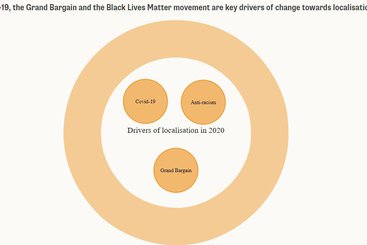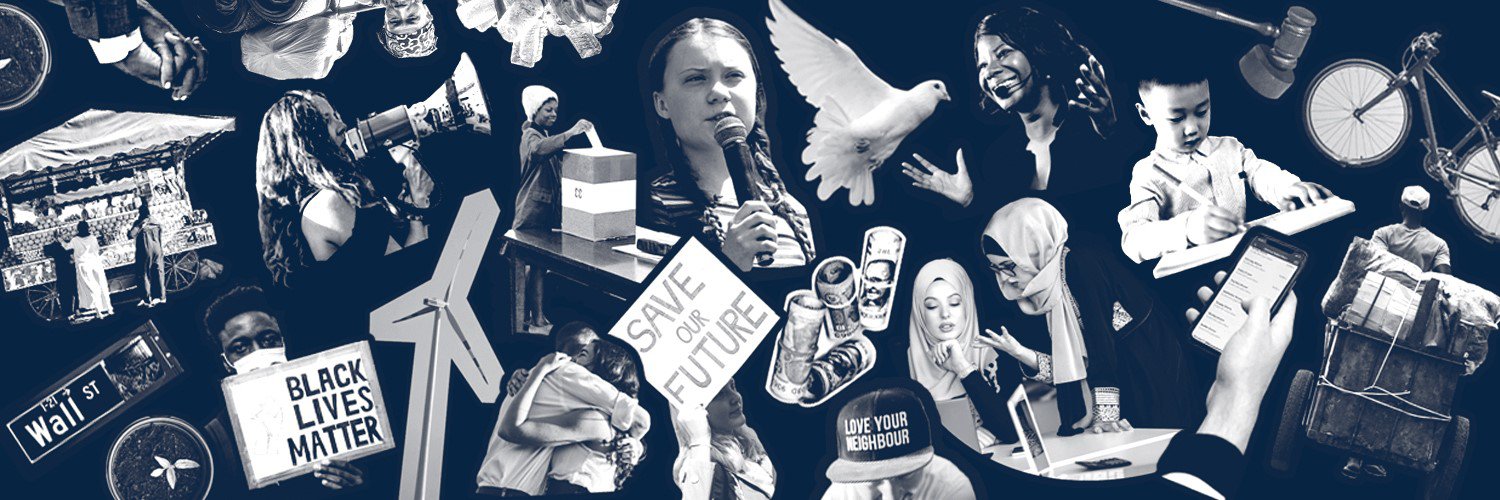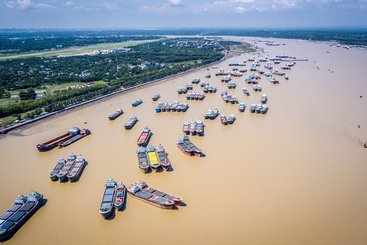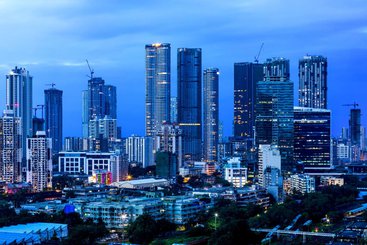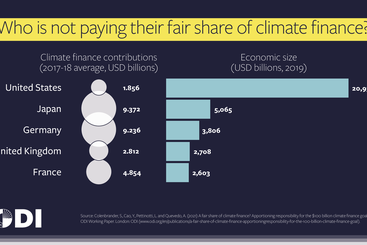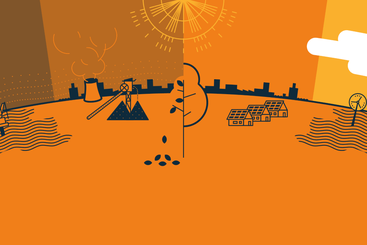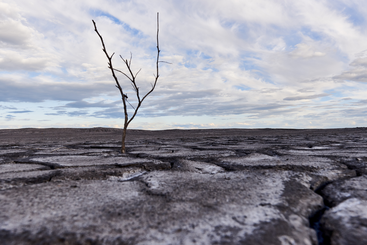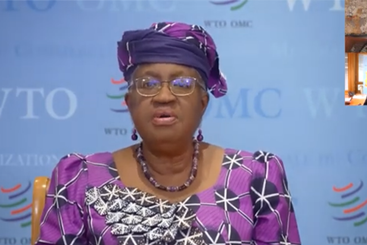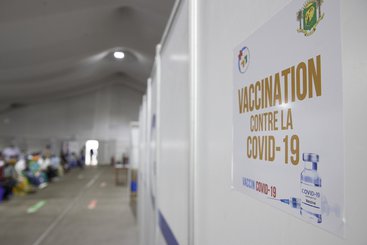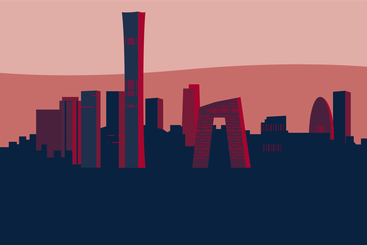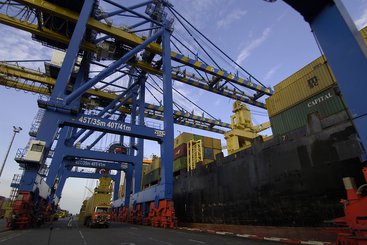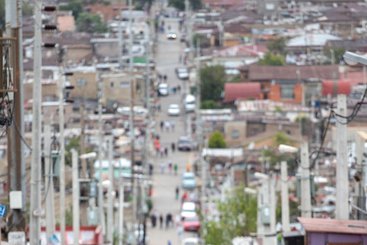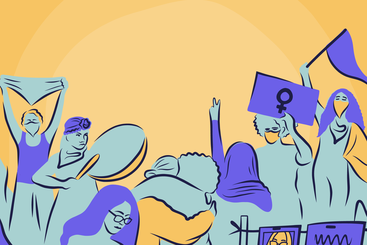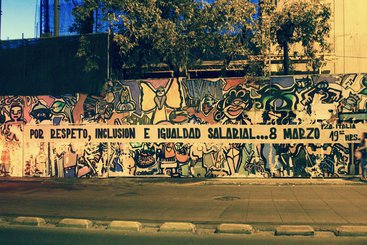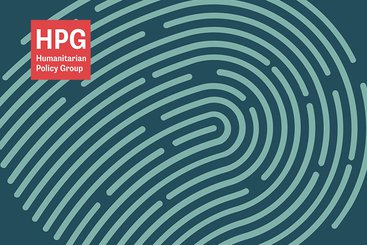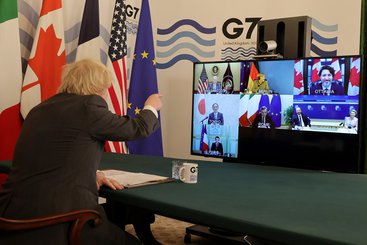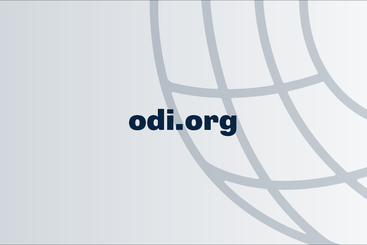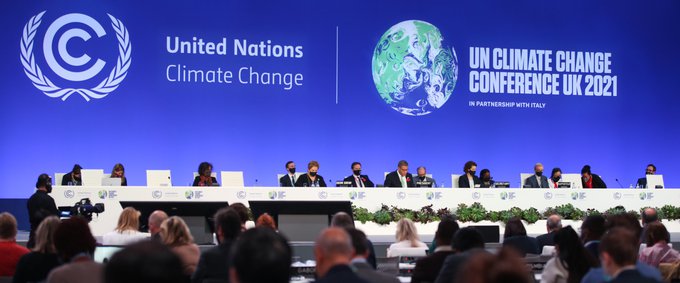
Delivering the Global Reset
ODI's latest evidence and ideas to help decision-makers and thought leaders think differently about global challenges.
Last year we said we couldn’t go back to normal, because normal was problem.
But global leaders are failing to deliver change. We know that evidence-based analysis is key to unlocking the solutions to our greatest challenges.
In 2021 our findings showed that:
- Vaccine financing and distribution can tackle the COVID-19 pandemic.
- Climate action now will protect the vulnerable and drive the green transition.
- Better international cooperation can improve the way we respond to conflict and crises.
We will continue to challenge decision-makers and thought leaders to think differently and achieve radical yet realistic measures for systemic change.
Explore our conclusions from the original Global Reset dialogues here.
Address the climate emergency
How do we deliver a rapid green recovery that sets the world on track to halve emissions by 2030 (compared to 2010 levels)?
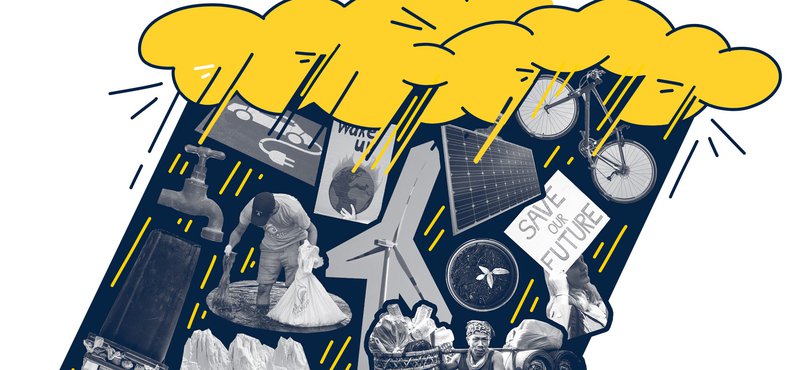

The climate crisis and humanitarian need
Weather events are becoming more extreme and more frequent. Despite the resilience and adaptability of communities living with climate emergencies and related insecurities, they are being hit hard.
Join Mark Lowcock and Fonteh Akum joined us for a discussion hosted by Sorcha O'Callaghan about the impact of climate change in the world’s most vulnerable places, and what needs to be done about it.
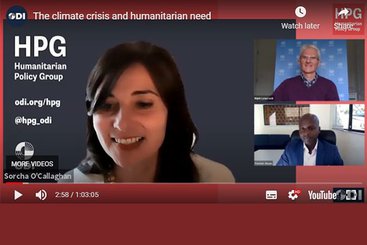
Reinvigorate global economic cooperation
Now is the time to challenge power structures and dynamics that sustain inequality, and to create a fairer, more inclusive global economic system. Collaboration is key to developing a stronger and more equitable economy and redefining the social contract.
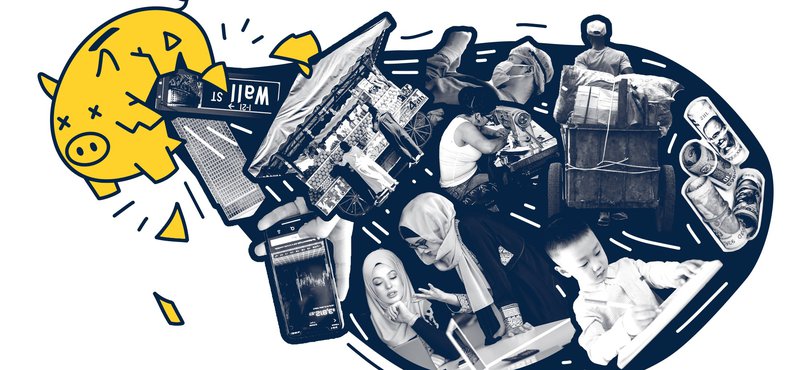
Multilateral development banks: optimising the balance sheet
We explored how multilateral development banks (MDBs) can play a pivotal role in the Covid-19 recovery.
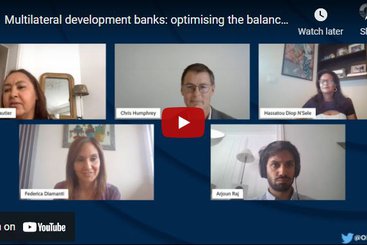
Redefine the social contract
Political and societal leaders should take action to make progressive and just policies central to recovery post-pandemic. We must establish an economic system anchored in rights and dignity for all, founded on values of equality, solidarity, justice and human rights writ large.
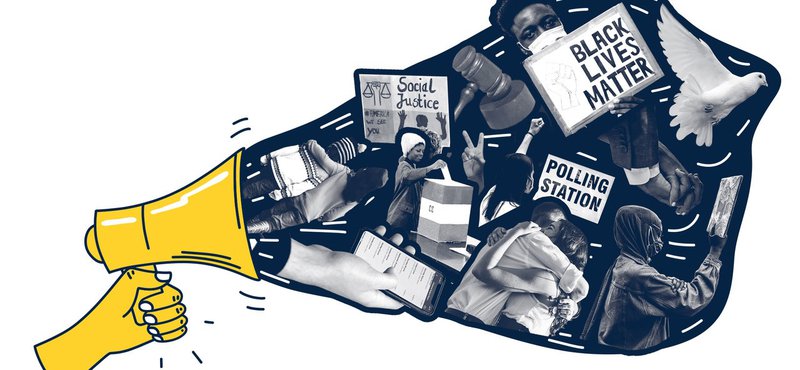
Opportunities and challenges: Collaborative advocacy by humanitarian and human rights actors
In this event we discussed examples of effective collaborations between international humanitarian and human rights actors in trying to influence conflict actors vis a vis their behaviour towards civilians.

Embrace new coalitions and ways of working
Global cooperation needs reshaping from the ground up, bringing together like-minded actors, as well as the not-so-usual suspects. Broad coalitions coalescing around a common goal can form the basis for a ‘new’ multilateralism. These coalitions have the potential to bridge global and local, digital and analogue, state and non-state, and include activists and political actors.
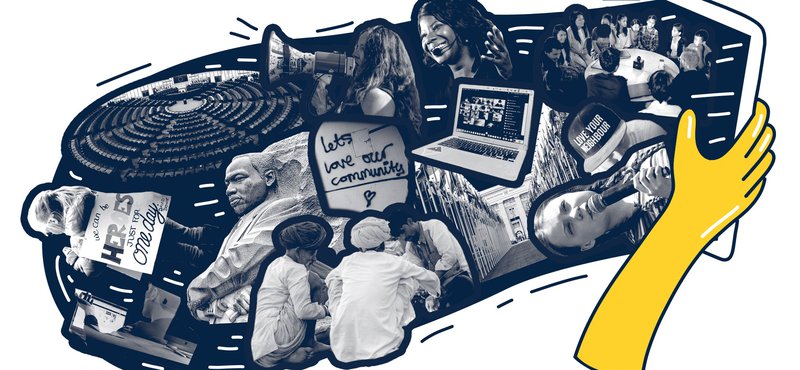
Local humanitarian action during Covid-19
This mapping tool documents the role of local actors in the context of Covid-19. It collates evidence of change in practice at different levels, and how complementary ways of working contribute to humanitarian outcomes.
